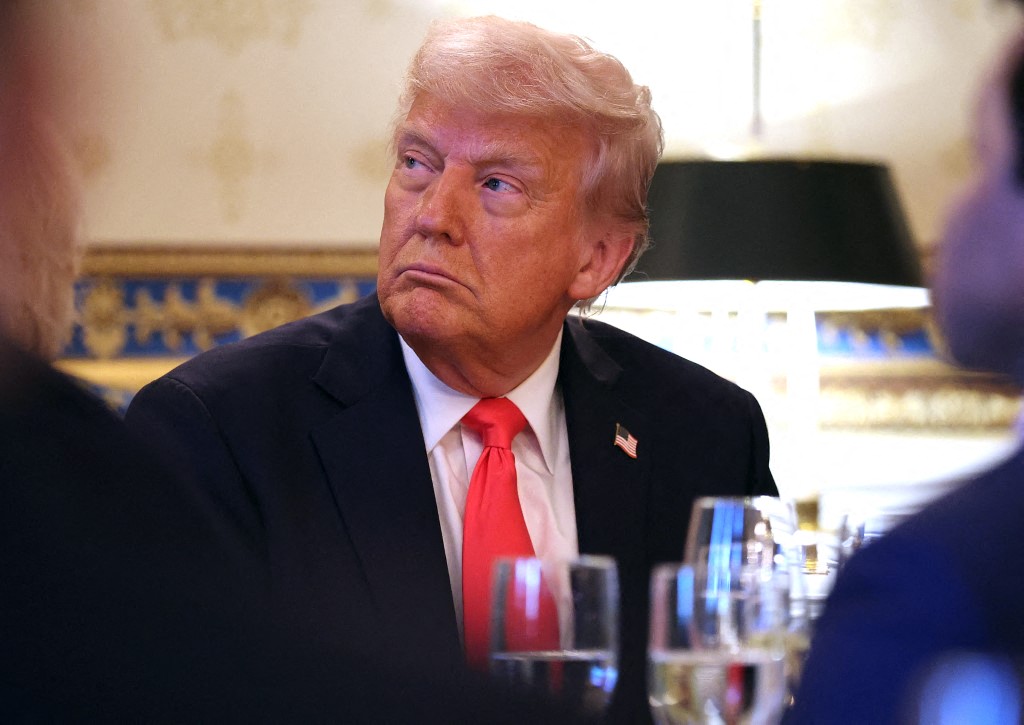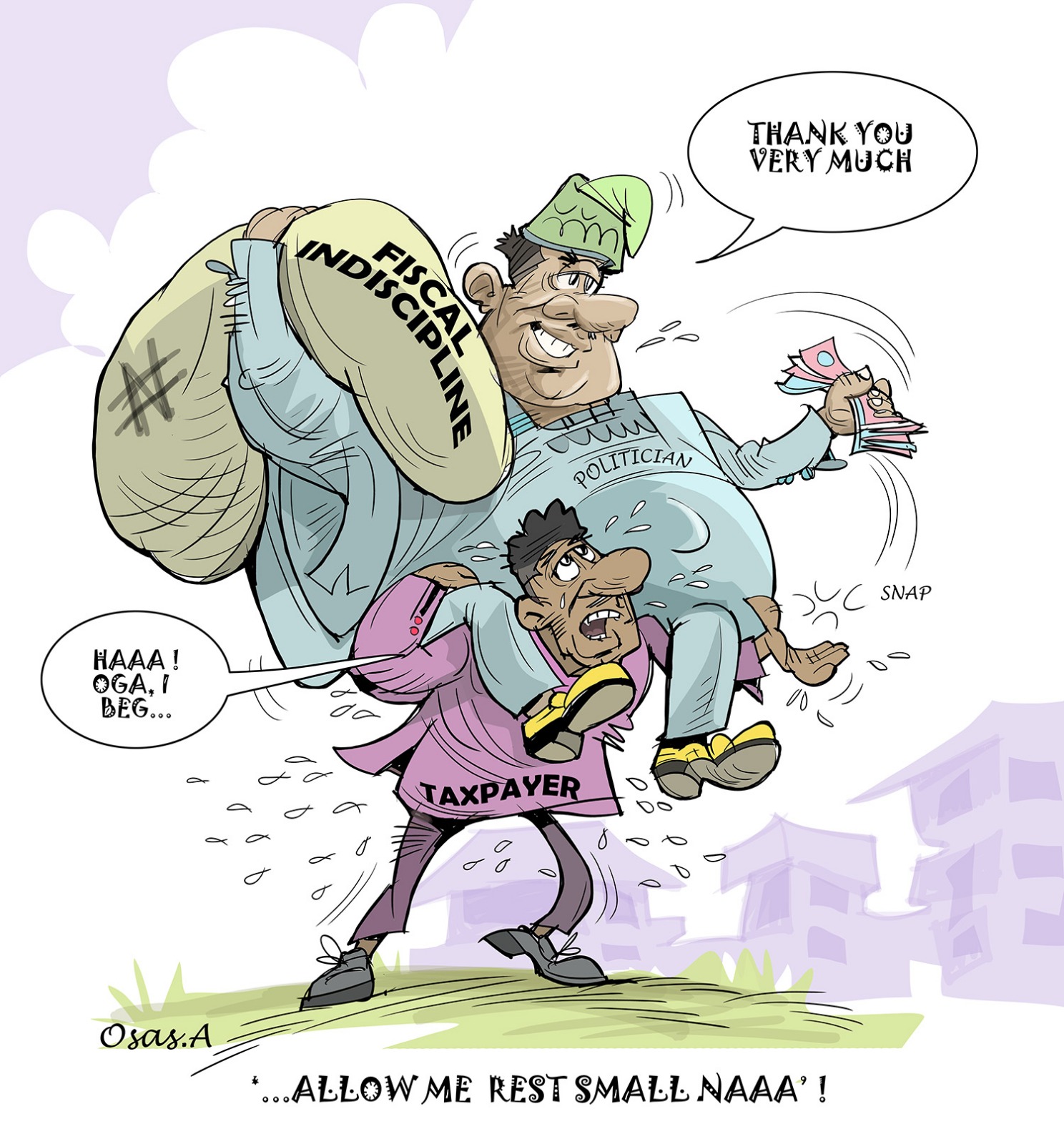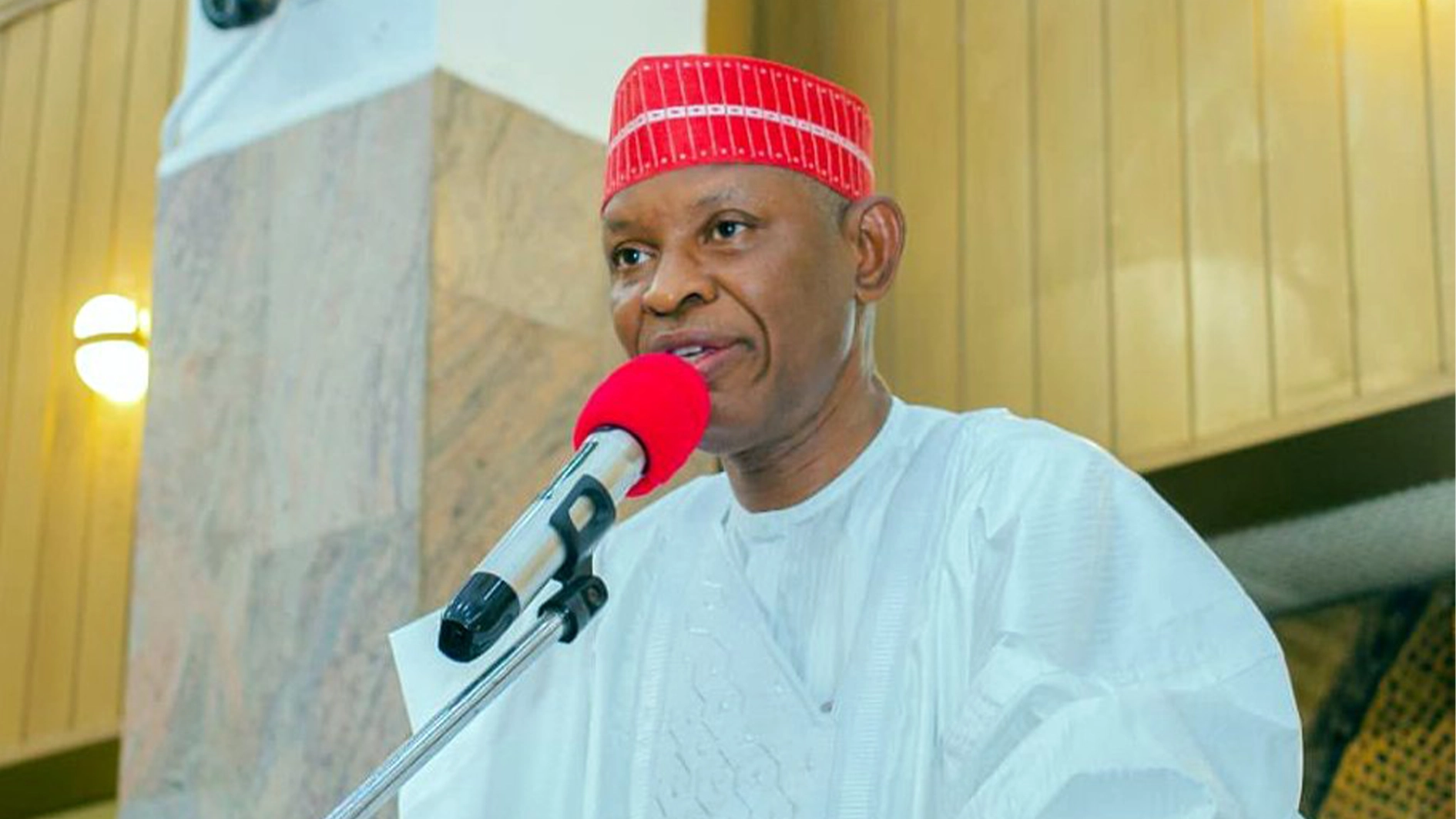
Adebisi Adenipekun
Nigeria’s Naira is one of the worst-performing global currencies. As an import-dependent economy, the weak position of the Naira against the US dollar has triggered high levels of inflation and a cost-of-living crisis across the country. The hardship has worsened banditry, kidnappings, and other desperate activities that cause insecurity. Also, Nigeria continues to face regional secession threats, further heating the polity.
President Tinubu got into office with the promise of renewed hope for Nigerians. However, some argue that his government’s monetary and fiscal policies worsened the economic challenges. One of the first policy decisions by President Tinubu’s administration was to confirm the removal of fuel subsidies. While many agree that the subsidies are wasteful and engender corruption, the lack of clear plans to cushion the effect on Nigerians has led to unprecedented suffering. Furthermore, the government floated the Naira, which led to an exchange rate crisis.
Proponents of these government policies, timing, and approaches have argued that they are necessary to save the country from bankruptcy. They want Nigerians to know that the pains are temporal and for the greater good. The federal government has also disbursed palliatives through state governors and relevant ministries to support low-income families. However, Labour Unions and activists continue to advocate for the credibility and completeness of the social register used to disburse palliatives nationwide.
Solving the problems that led to the removal of fuel subsidies and those arising due to the removal requires urgent, hands-on, innovative and multi-sectoral collaboration. President Tinubu has declared a state of emergency for food inflation and the high cost of living. In August, young Nigerians protested hardship in the country. And there are plans for another protest on Nigeria’s Independence Day anniversary.
This is not the first time the government of Nigeria will be in a desperate situation demanding firefighting. For instance, when President Goodluck Jonathan was in power, one could argue that the Boko Haram terrorism and rescuing the abducted Chibok girls was a top priority for his government.
For Presidents Goodluck and Tinubu, governance is not limited to national security or the economy. However, nothing else matters to the governed if they don’t feel safe or make a decent living. Hence, terrorism and insecurity became a political weapon for the opposition to unseat President Jonathan in the following election after the Chibok girls’ kidnapping.
The median age of Nigerians is 17.9, and political awareness is increasing across the country. It is, therefore, unsurprising that politicians have started scheming for the next elections. Interest in winning elections changes the dynamics and priorities for solving national problems to expediency and short-termism. The four-year cycle has left many administrations with only two years of focused governance. The first year is often distracted by court cases and political settlements. At the same time, the last year of the four-year tenure is focused on active political activities, either by proxy or directly.
The short-term firefighting approach to problem-solving often means that challenges’ root causes are not addressed. Some argue that it took more advanced countries time to get to their current status and that they have their dark past. But the question is, are younger countries like Nigeria willing to endure for one or two more centuries before getting things right? Should history, technological advancement and globalisation not play a part in shortening the cycle of nation-building? Is Nigeria too young at 64 to be prosperous and peaceful?
Evidence suggests that countries can change their trajectory and narratives irrespective of their age, population, level of diversity, and extent of crisis. Singapore gained independence five years after Nigeria did. China and India have larger populations and have enormous ethnic and religious diversities. Rwanda survived a civil war and genocide more recently compared to Nigeria’s civil war. These countries have lifted millions of their citizens from poverty, significantly improved infrastructure, invested in innovation and promoted accountability and the rule of law.
No two countries are the same, and comparisons can be faulted on many lines, including the type of government and leadership styles adopted to achieve different outcomes. However, nation-building in every country on the path of economic prosperity at some point had leaders who courageously influenced positive change and championed the definition and creation of their future.
Who is that champion for Nigeria? Who will courageously look beyond winning the next election to make difficult choices to champion a long-term and sustainable nation-building agenda for Nigeria? What is the Nigerian dream? How do Nigerians as a people want to participate in building that shared vision? Nigeria can be a peaceful and prosperous nation where all citizens and residents are valued, feel secure and have a sense of ownership.
Politicians and policymakers must promptly master how to lead ambitious, sustainable and innovative goals while resolving emerging crises. Nation-building will require strong institutions that enjoy complete autonomy from political interference. Transitioning from firefighting to nation-building will demand a culture of transparency and accountability in the public and private sectors.
Nation-building will mean objective cost-benefit analysis and rigorous public debates on government infrastructure investments. It means more and continuous investments into intangible sectors that spur innovations and entrepreneurship, like education, science and technology, health and agriculture. Positioning Nigeria irreversibly on this path will require courage, sacrifice and visionary leadership. Many Nigerians believe President Tinubu will be that visionary, but time will tell if they are right or should wait for another.






